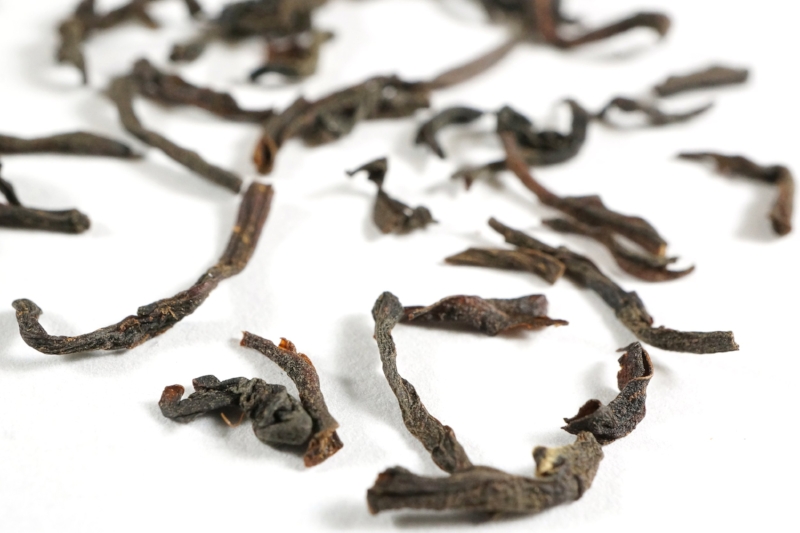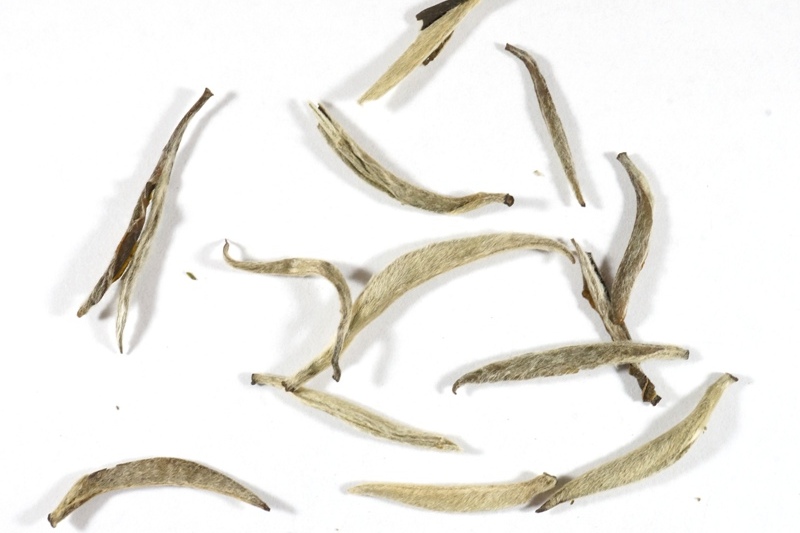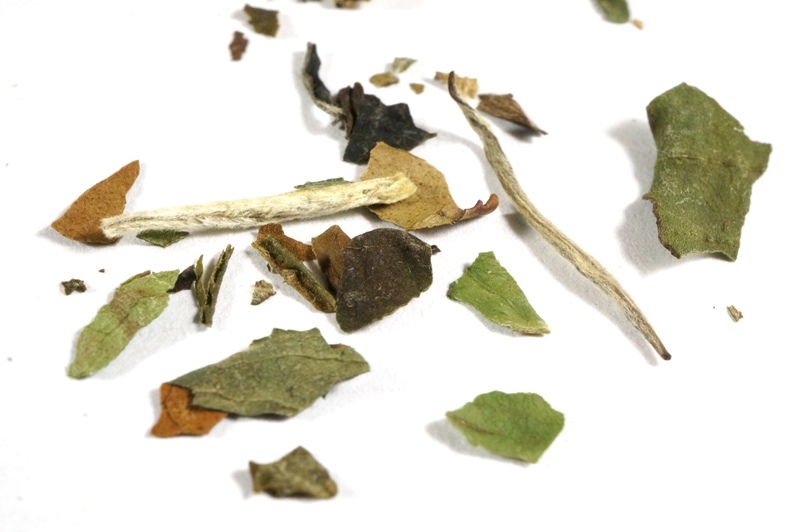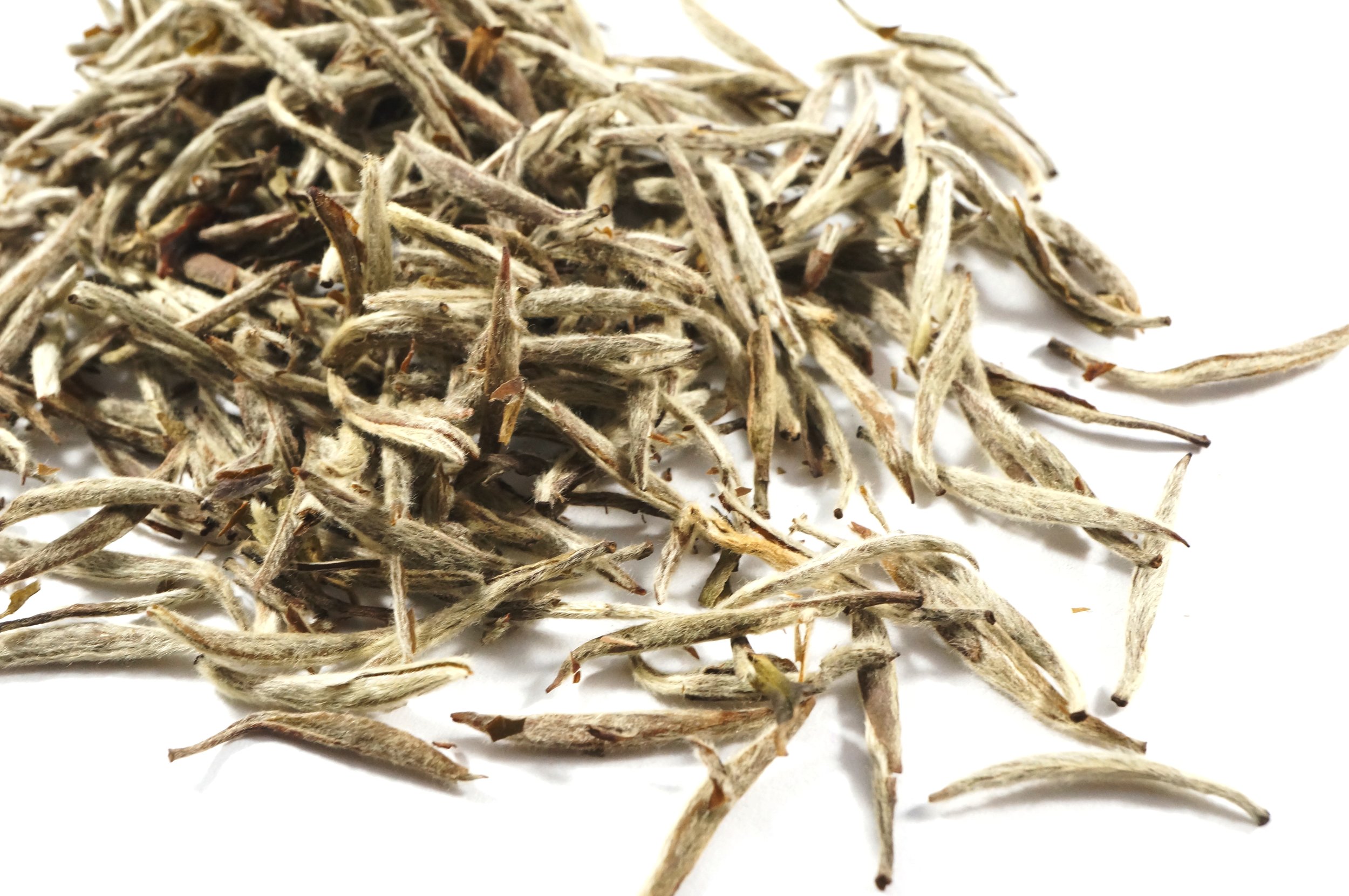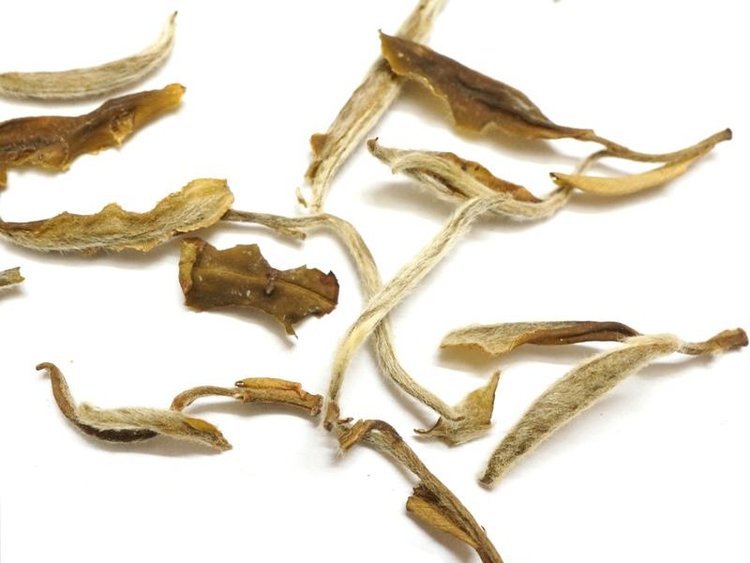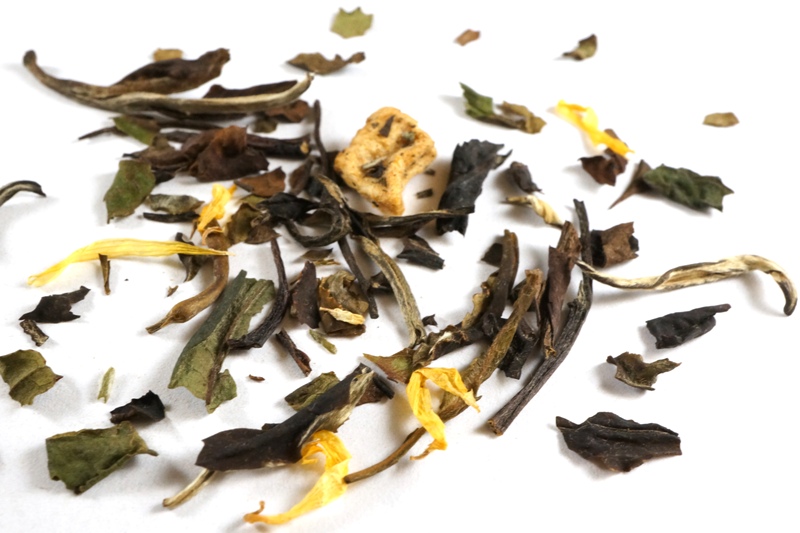What are the differences between Green and Black teas?
This is a 2 parts question. First is how are Green and Black teas compared to each other from a production stand point? Second is what and how are they different as end products? Now lets expend on them and discuss further.
Firstly, lets take a look at how Green and Black teas are produced. Green and Black teas are both produced from the same plant which is called Camellia Sinensis. The sub cultivars of each tea maybe different, but they all belong to the Camellia Sinensis family.
The oxidation process is what sets Green and Black teas apart. Green tea is very lightly oxidized (less than 1%-15%), where as Black tea is fully oxidized. The oxidation is a process which the chlorophyll in the tea leaves is enzymatically broken down. Tannins are also released during the oxidation. This oxidation process is often times referred to as "fermentation" in the tea industry.
Green and Black teas got their name from the colors of the produced tea leaves. Because most of the chlorophyll is preserved, Green tea still retain the green appearance of the plant. Black tea appear black because the chlorophyll is broken down.
Secondly, lets look at the differences between them as final products. Although both types of tea are rich in antioxidants, Green tea is richer in antioxidants than Black tea due to a lower oxidation level.
Studies have found that Both Green and Black tea may help boosting our energy and keeping us alert. Black tea has more caffeine than Green tea. 1 g of black tea has 22 to 28 mg of caffeine, while 1 g of green tea has 11to 20 mg of caffeine. The energizing effect is why Black tea is a stable breakfast drink in many parts of the world.
Some long term studies have shown that Black tea is beneficial to our cardiovascular system. This means regular and long term consumption may help in maintaining a healthier heart.
For Green tea, researches show that the catechins and other nutrients in Green tea may help lowering the blood sugars. Drinking 2 to 3 cups of Green tea is also believe to be very beneficial in weight control.
The conclusion
In conclusion, both Green and Black tea are healthy and can be very beneficial to our health. However, in order to reap the benefits of tea, we need to establish a habit of consuming 2-3 cups of tea a day every day. So the key here is to find the teas that we love to enjoy. Because if we enjoy the experience of drinking tea, it is then very naturalto establish a long term and consistent consumption of this healthy beverage.
So if you are already a regular tea drinker, stick to your favorite teas. If you are new to tea, try different types of teas and find some that you love to enjoy! Cheers


